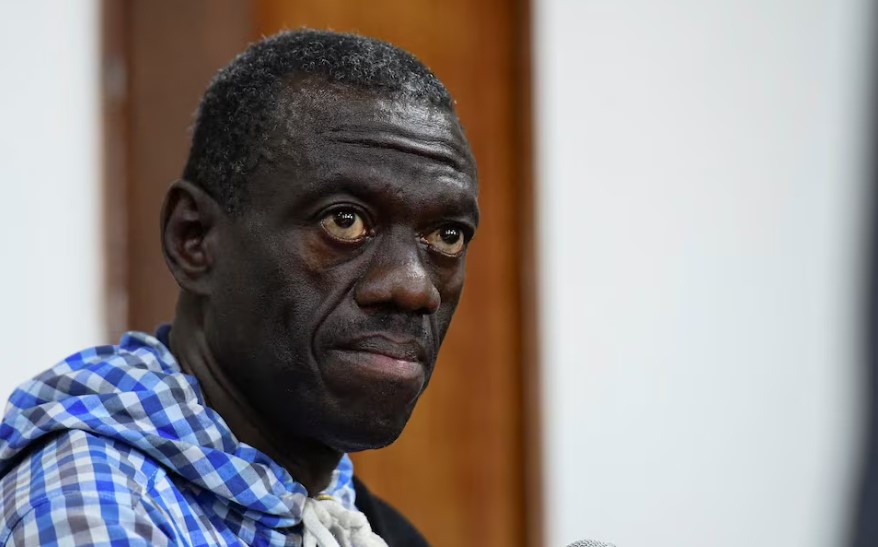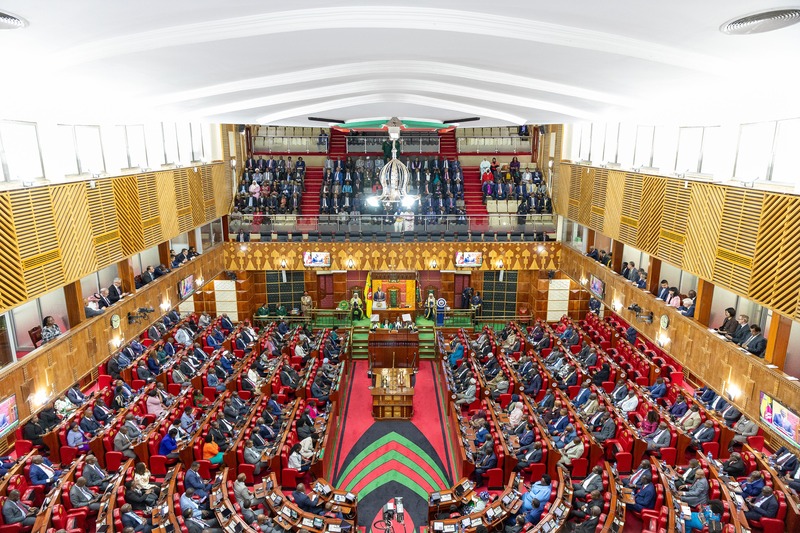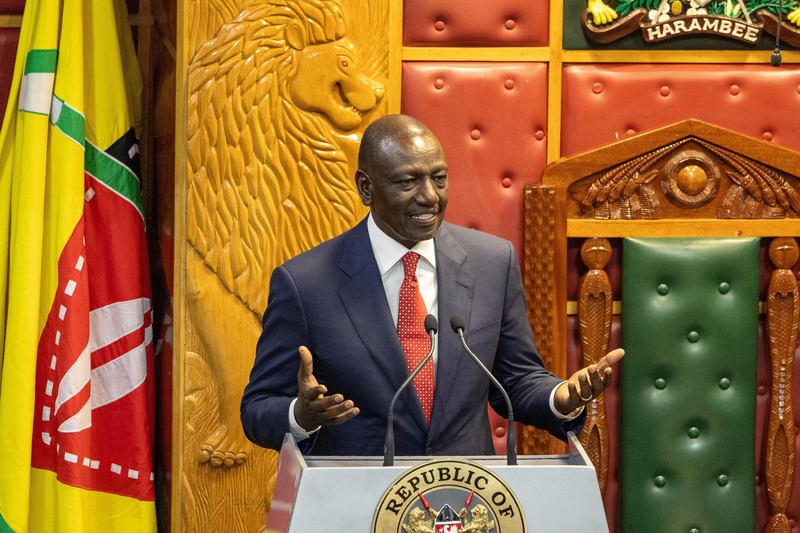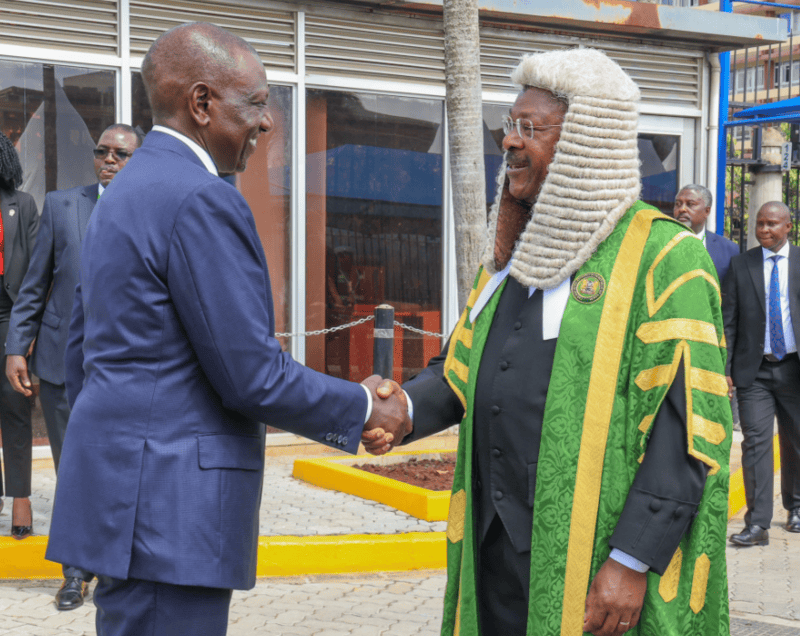Kenyan youth validate Counter Terror Strategy ahead of security council review
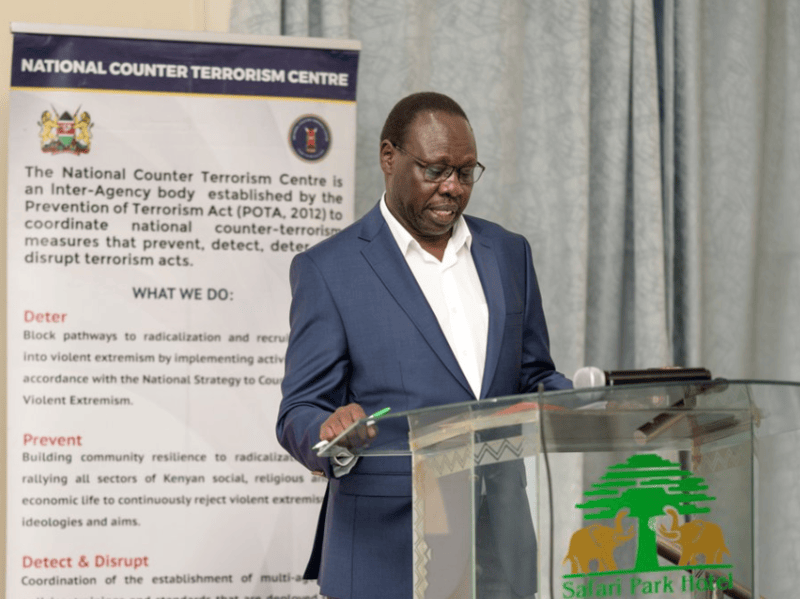
By Mary Wambui |
The initial strategy, launched in 2016, has been criticised for leaving certain areas vague and failing to keep pace with the evolving nature of violent extremism.
A final review of the second National Counter Terrorism Strategy was completed today, paving the way for its adoption and implementation.
The document, which will guide the approaches to addressing violent extremism over the next five years, will now be presented to the National Security Council and the President for adoption and subsequent launch later this year.
Keep reading
The final review and validation exercise was carried out by young people from across the country, who evaluated the document to ensure it reflects the aspirations of Kenyans, as voiced during the months-long review process conducted across the 47 counties.
“Young people from across the country have shown and demanded a place at the decision-making table and have demonstrated a unique capacity to positively influence the political and economic development of our country. Today, you have the rare privilege and opportunity to shape how Kenya addresses the complex and evolving threat of violent extremism,” the National Counter Terrorism Centre (NCTC) Director, Kibiego Kigen, told the participants in his opening remarks.
The day-long validation exercise marked the final stage of a rigorous process that is part of continuous efforts aimed at keeping Kenyans safe.
“So far, so good. Our focus is on soft approaches, while security agencies are also doing their part. The government has also played its role. In the online domain, we are pushing back against radicalisation, and as we transition to the new strategy, we have seen successes we want to build on to ensure they are sustained,” he said.
The initial strategy, launched in 2016, has been criticised for leaving certain areas vague and failing to keep pace with the evolving nature of violent extremism.
The centre aims to address these gaps with the new strategy, tackle emerging issues, and complement law enforcement measures with approaches that win the hearts and minds of Kenyans.
“This is a review of what has been in place since 2016; lessons have been learned since then, along with emerging challenges and evolving methods used by those promoting extremist views, such as technology platforms. Previously, recruitment was conducted one-on-one, but it can now happen online. Consequently, the government has reviewed these challenges posed by extremists,” Nairobi Regional Commissioner, Katee Mwanzia, explained.
1/5 Today, @NCTC_Kenya validated the National Strategy to Prevent and Counter Violent Extremism (NSPCVE). The director, Mr. Kibiego Kigen, emphasized our unwavering commitment to resilience and peace for Kenya.
— NCTC Kenya (@NCTC_Kenya) October 28, 2024
"Our meeting today marks the culmination of national efforts to… pic.twitter.com/f0aQ6lUPVF
The 2024-2029 strategy also broadens the definition of violent extremism and the ideologies used to promote it, in a straightforward manner that enables the general public to understand its key drivers and channels of promotion that were unclear in the previous strategy.
“For instance, we have clarified that some individuals misinterpret religion. We dissect that issue and point out the correct and incorrect approaches to religion. Such details will be presented more clearly in the new strategy,” the Commissioner added.
Additionally, the new strategy aims to engage segments of society that were not fully involved in developing the initial strategy.
“That includes the youth, which is why the majority of the team validating this strategy comprises young people, who are often the victims or target groups of extremism,” the Regional Commissioner noted.
Some of the emerging threats facing the country in relation to violent extremism include the spread of misinformation on digital platforms and the advertisement of fake jobs that serve as recruitment channels for violent extremists.
The government has identified hotspots where such activities may be occurring in Nairobi and across the country, while actively monitoring the actions of those involved.
“These individuals are not necessarily confined to a specific location; people with religious or political ideologies that are extremist may reside anywhere. Our approach is to sensitise the entire community so that if they encounter any such individuals, they can take appropriate preventative action,” said the Regional Commissioner.
Reader comments
Follow Us and Stay Connected!
We'd love for you to join our community and stay updated with our latest stories and updates. Follow us on our social media channels and be part of the conversation!
Let's stay connected and keep the dialogue going!

